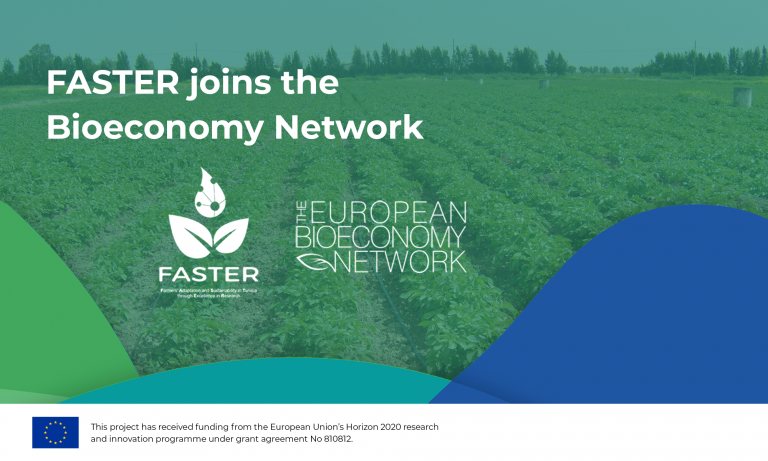From action plans to implementation: Cairo hosts roundtable on sustainable consumption and production
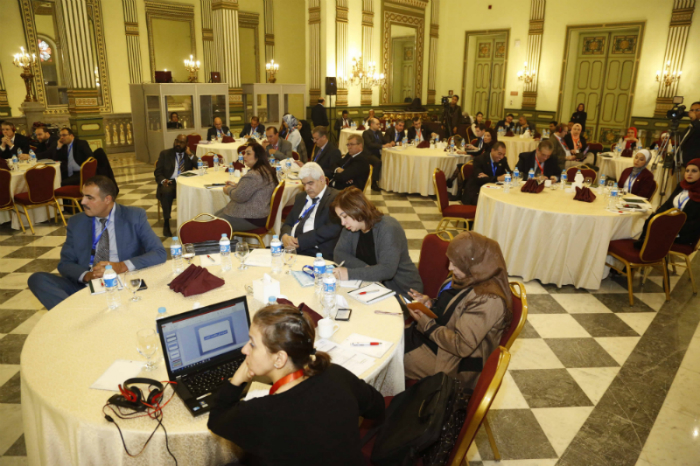
The EU-funded SwitchMed programme was last month invited to present its policy methodology and ‘Sustainable Consumption and Production (SCP) National Action Plans’ at a roundtable in Cairo. The roundtable identified the challenges of financing SCP practices, and issued new recommendations, which contribute to the transition to a sustainable economy that protects the environment.
‘From Action Plans to Implementation’ was the theme of the 5th Arab Roundtable Meeting on Sustainable Consumption & Production held in Cairo on 18-20 December 2017. Participants from more than 15 countries, representing governments, the private sector, civil society and international organisations, discussed progress made by Arab countries in their quest towards meeting national targets under the 2030 Agenda for Sustainable Development.
The three-day meeting was organised around the following areas:
- Developing Sustainable Consumption and Production policies and tools and the alignment of the Arab Strategy of Sustainable Consumption and Production with the goals and targets related to Sustainable Consumption and Production in the 2030 Agenda for Sustainable Development.
- Implementing Sustainable Consumption and Production policies and tools at the national and cities levels – sharing knowledge, good practices and lessons learned from National Action Plans processes, and showcasing success stories from partners of the SwitchMed project, the private sector and other stakeholders in the region.
- Financing Sustainable Consumption and Production, challenges and opportunities.
The Roundtable showcased the experience of the seven Arab SwitchMed countries (Algeria, Egypt, Jordan, Lebanon, Morocco, Palestine and Tunisia), which have taken concrete actions in mainstreaming SCP as a priority or a target in national policies.
The EU-funded SwitchMed programme was invited to present its policy methodology and the Sustainable Consumption and Production National Action Plans that were developed, raising interest from other participant countries in developing similar processes.
At the same time, the roundtable identified the challenges of financing sustainable consumption and production practices, and highlighted opportunities provided by tools and policies contributing to the transition to a sustainable economy that protects the environment, conserves water and energy as well as other natural resources, while contributing to sustainable lifestyles and poverty eradication.
The SwitchMed sustainable consumption and production programme aims to promote a switch by the Mediterranean economies towards sustainable consumption and production patterns and green economy, including low-emission development, through demonstration and dissemination of methods that improve resource and energy efficiency. It also seeks to minimise the environmental impacts associated with the life cycle of products and services and, where possible, to promote renewable energy.
Read more

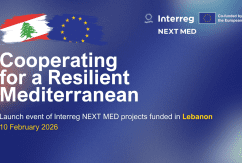
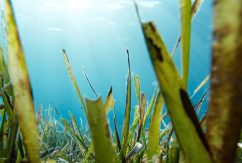
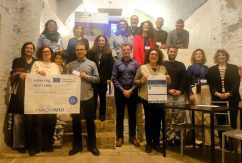

























 Syria
Syria 